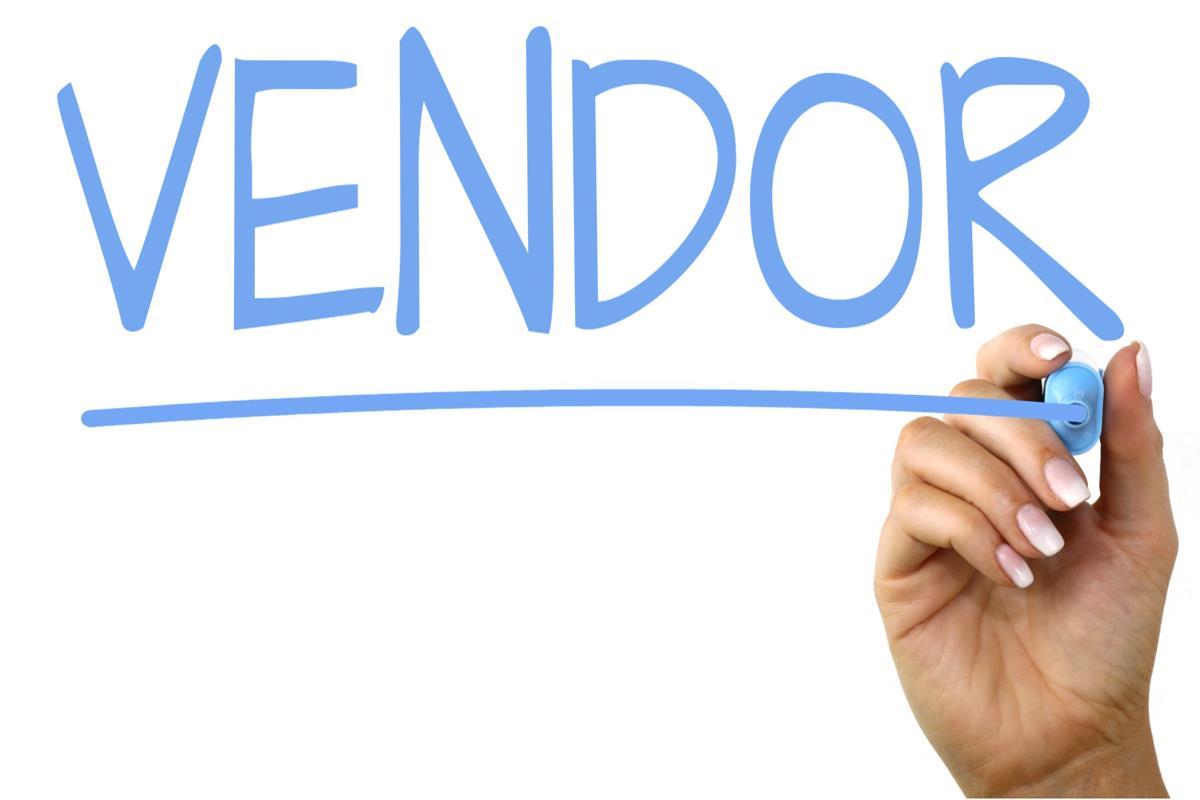
Surviving today’s competitive market takes strenuous efforts, pushing businesses to form alliances. It can distribute costs, save time, and facilitate specialization to open new prospects for both parties. There are several ways of establishing such a relationship, but many businesses like to assess the other party before making any commitments.
That is why many modern organizations integrate VDD or vendor due diligence before onboarding the other party. VDD is the process businesses conduct to partner, buy, or enter a strategic relationship with another organization.
Similar to customer due diligence, the process acts as a CFT/AML strategy. Conducting a VDD ensures the business that they are dealing with a financially healthy and well-reputed venture. While the process is crucial for vendor onboarding, the actual process can confuse companies.
The first thing that companies should note is that there is no universal process to complete the VDD process. Every business has different requirements, making the process unique. However, there are several crucial factors every business must assess while completing VDD. The article will shed some light on the factors and the role they play.
What is Vendor Due Diligence
Before understanding the factors, you need to understand the concept. Businesses conduct a vendor diligence process before a partnership or sale. It helps companies establish that the other party is being truthful about their financial status and identities.
The process eliminates the chances of any money laundering risk, mitigating financial risks. At a higher level, the process generally involves the following steps:
The vendor interacts with a third party to conduct the diligence process as an audit. In such cases, the third party must be impartial, independent, and capable of auditing. As a result, firms like AuthBridge have become a popular choice among businesses to carry out the process.
The second step starts with the third party carrying out the audit before the partnership or sale agreement.
After that, the verification company releases a draft VDD report for the target company. Every probable buyer or partner goes through the report before the agreement.
Finally, the buyer gets the final VDD after the partnership or sale arrangement wraps up.
Factors to Consider During Vendor Due Diligence
Vendor Compliance
Vendor compliance is one of the essential factors businesses should consider during a VDD. Most organizations need the vendors to either fully comply or at least support regulations like:
- Income Tax Act, 1961
- Consumer Protection Act, 1986
- Information Technology Act, 2000
- Foreign Exchange Management Act, 2000
- Companies Act, 2013
- Laws that are related to Goods and Services Tax.
The list goes on, but you got the point. In case your vendor fails to comply with necessary regulations, your business will face the consequences too. Thus, you should start the process by assessing vendor compliance.
Financial and Strategic Risks
Vendor onboarding must be a perpetual practice. Businesses must identify and follow any issue capable of disrupting their supply chains during the contract’s validity. Any interruption or malfunction in supply chains will hinder business revenue. It will hamper the ROI while also putting a dent in business strategies. Thus, businesses must ensure to conduct a thorough and continuous VDD process.
Reputational Risks
Once affiliated with your business, vendors became your extension. In today’s digital age, when the 24/7 news cycle is a norm, any mishap can become a laughing stock for the internet in no time. It can severely damage business reputation, ultimately ruining the supply chains. The same holds in the case of false information or negative news. Thus, organizations must account for this factor during the process.
Encryption Capabilities
Data sharing holds the utmost significance for businesses. That is why you must consider a vendor’s encryption capabilities before forming a relationship. Usually, vendors use 128, 192, or 256-bit encryption to fend off any unauthorized access.
Integrating 256-bit encryption means a cracker needs to put 2256 different combinations to decode the message. Even the fastest computers cannot perform such feats. So if the vendor uses such measures, your data is completely secured.
Data Center Tiers
Data centers store, maintain and share vital or routine information across different organization channels. The centers can be categorized into four tiers: Tier 1, Tier 2, Tier 3, or Tier 4.
Tier 4 data centers are the most expensive to develop, operate, and maintain. However, the data center renders the highest protection as well. If you own a multi-crore rupee business, you must opt for a Tier 4 data center. On the other hand, an SME can perform most of its data operations using Tier 2 data centers.
In Conclusion
Forming a partnership or sales channel with vendors can be challenging, seeing how both companies become each other’s representatives. But businesses can seamlessly sail through the process via a thorough vendor due diligence process. The process reveals and confirms crucial information about the vendor, allowing you to focus on other vital aspects.
Companies can create a checklist before VDD using the factors mentioned in the article. Alternatively, businesses can save resources and time by hiring a professional background verification company like AuthBridge to conduct the process.
Also read about:
7 Bookkeeping Service benefits for IT Staffing Business
Misalignment Issues in Machines and Their Different Types
7 Heart Attack Symptoms You Cant Ignore








